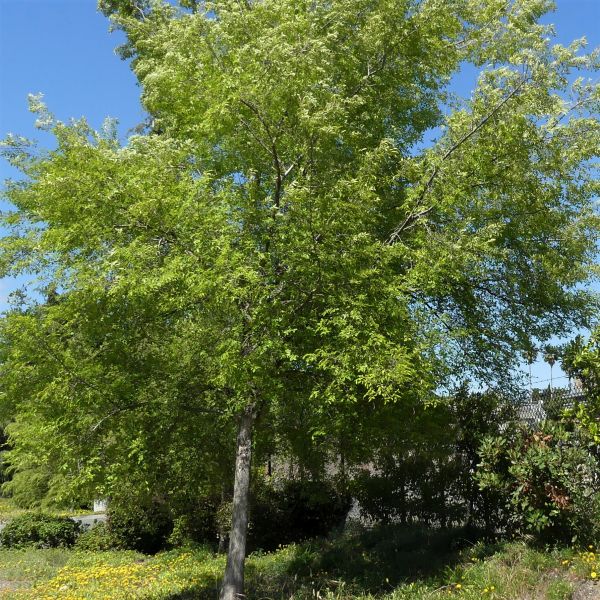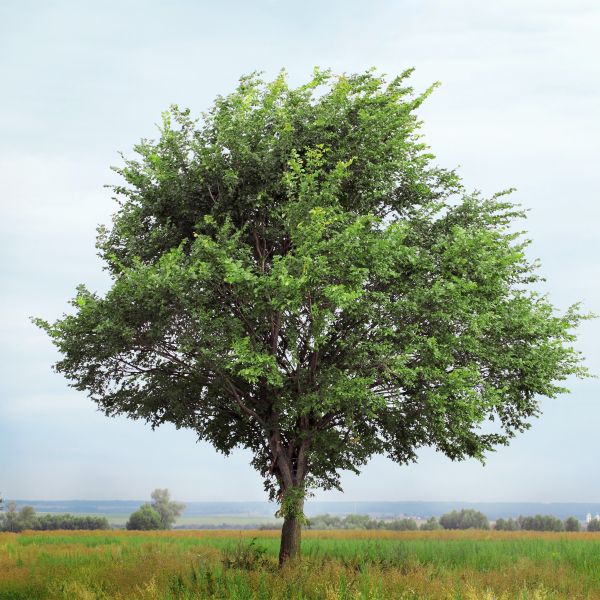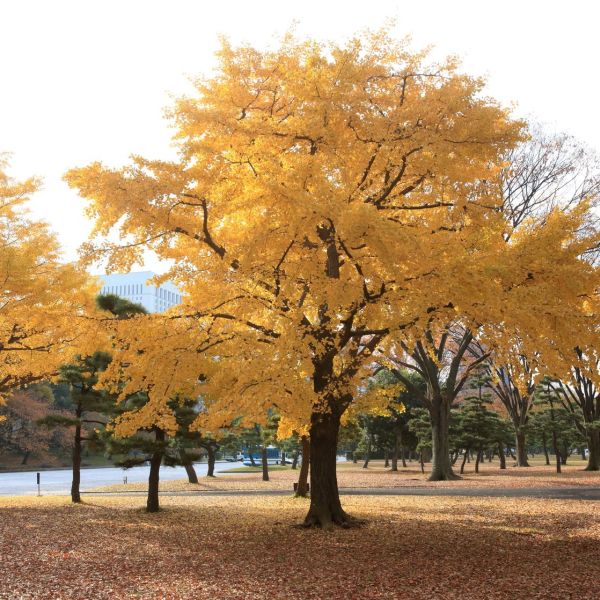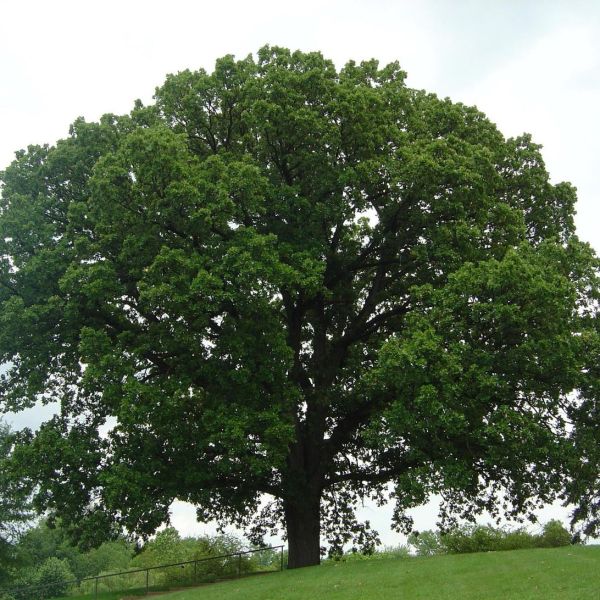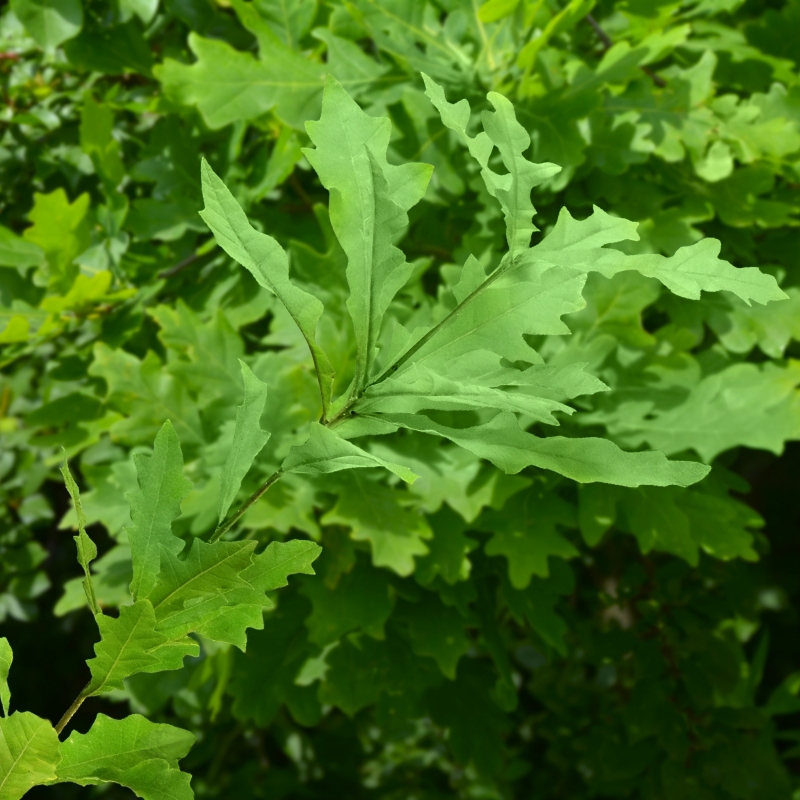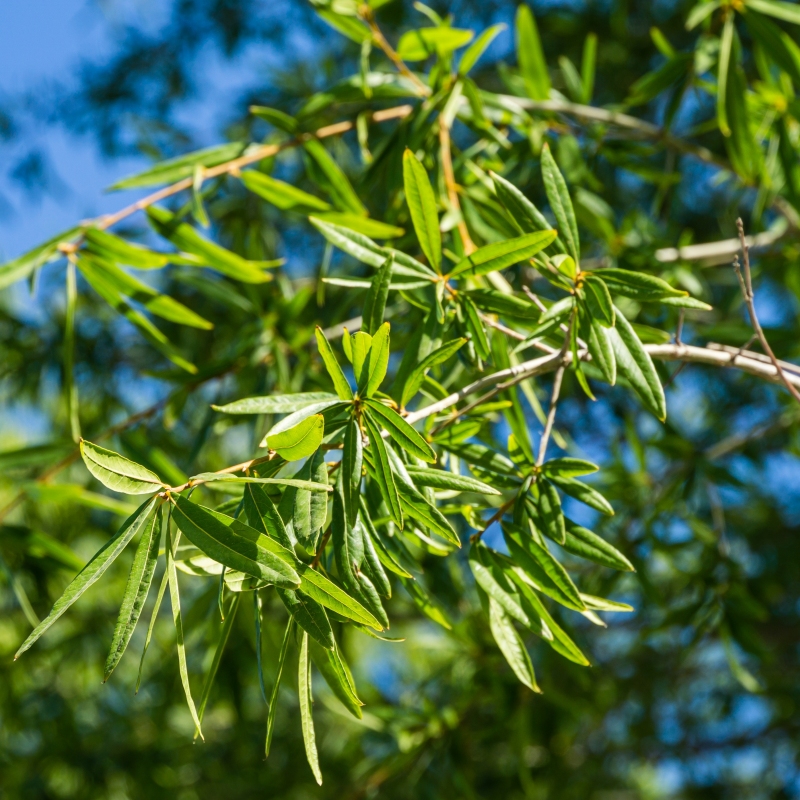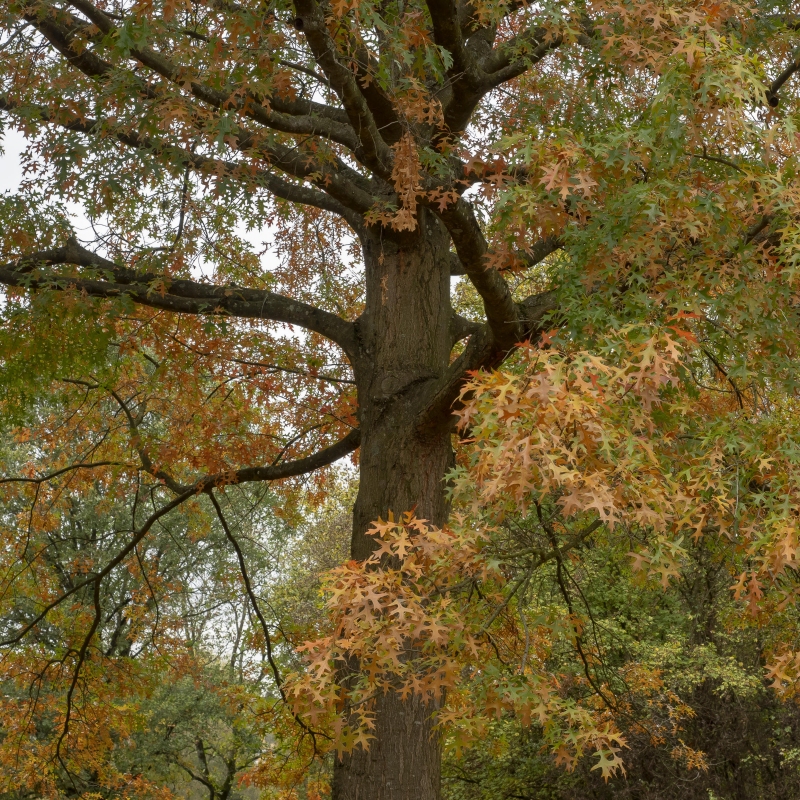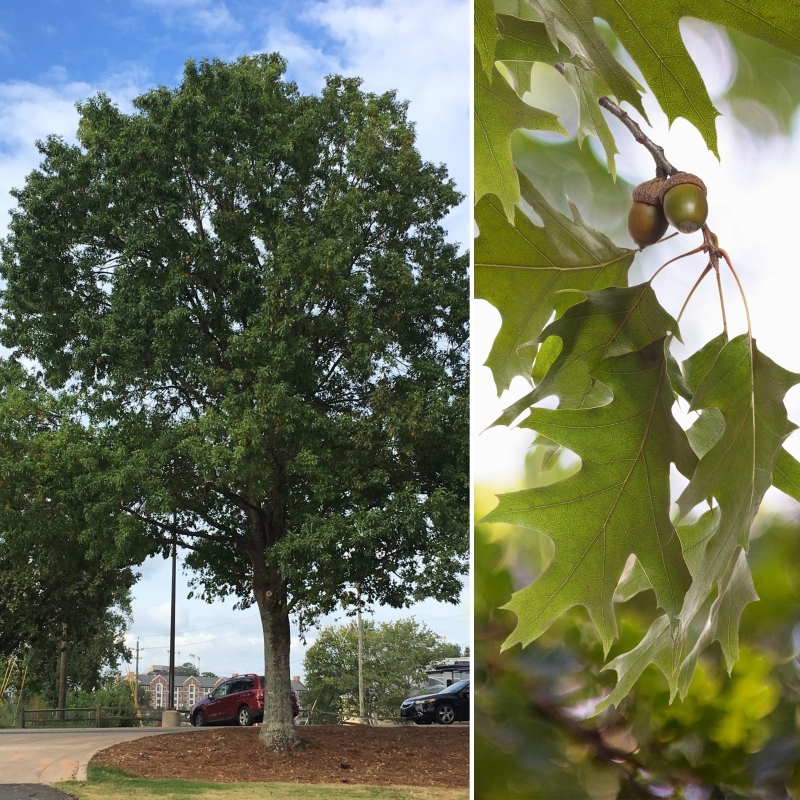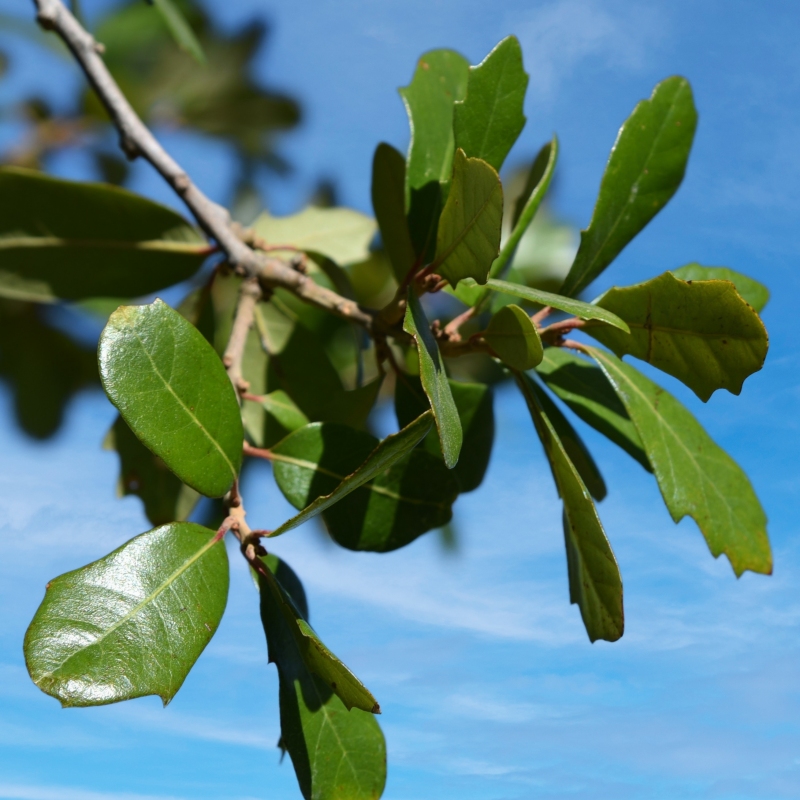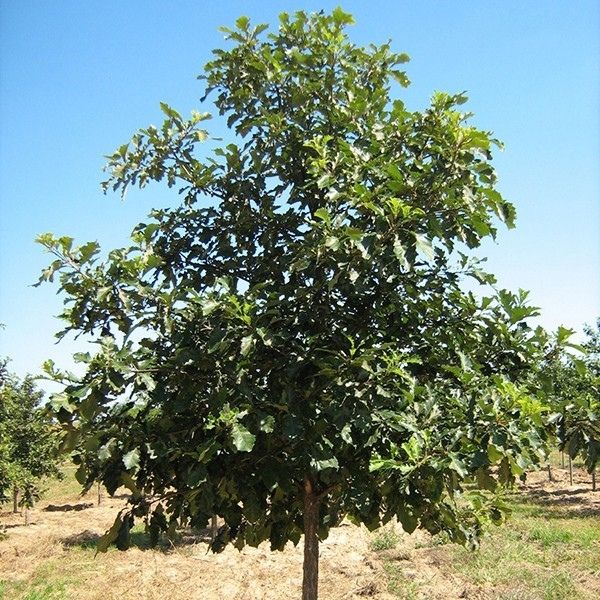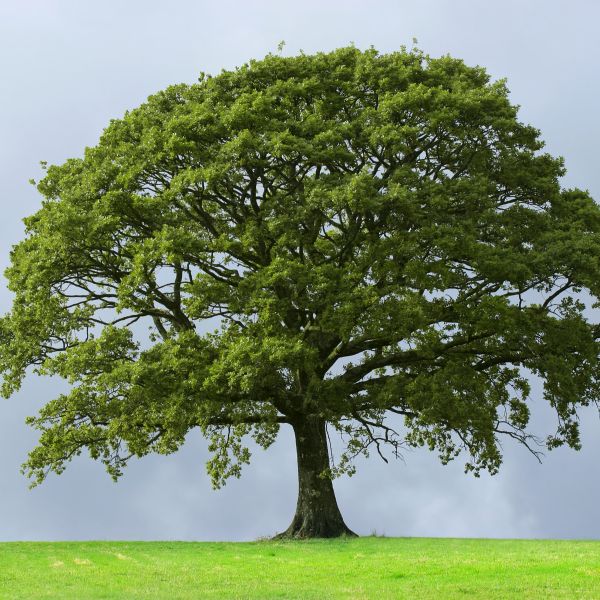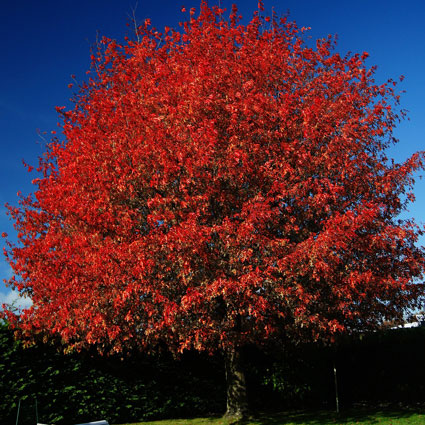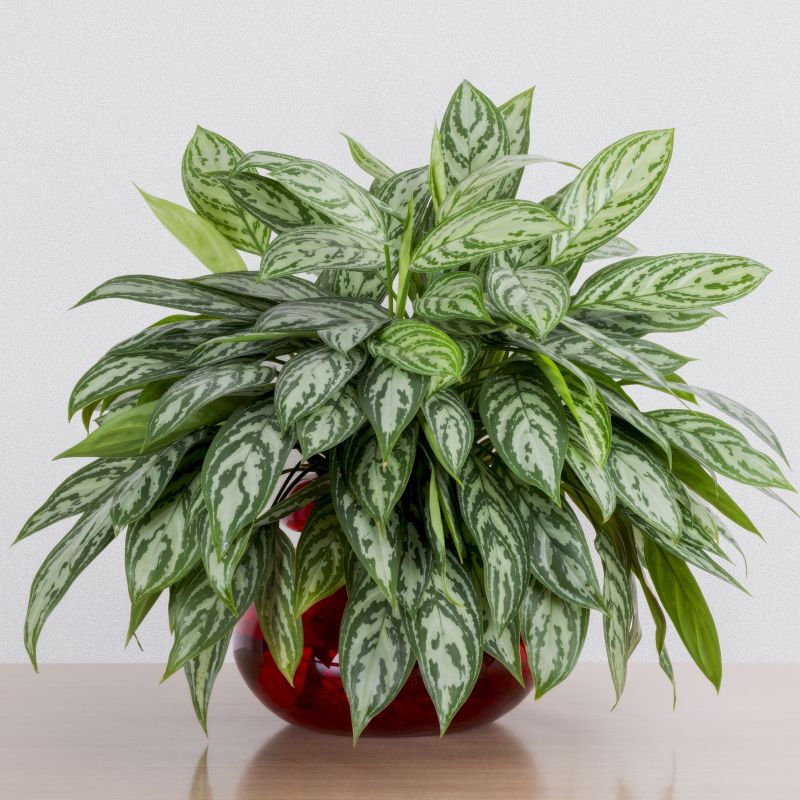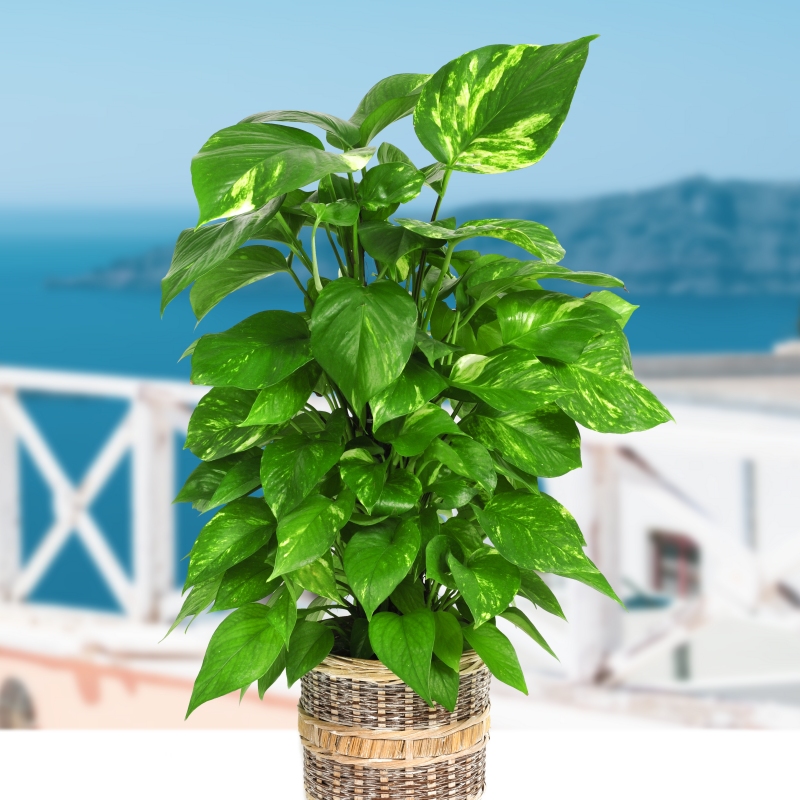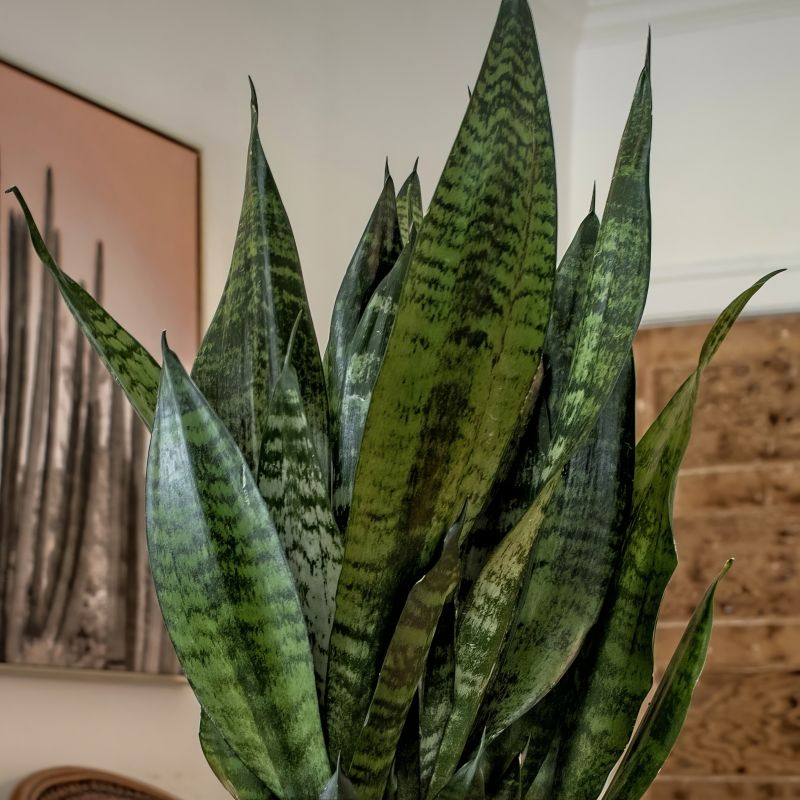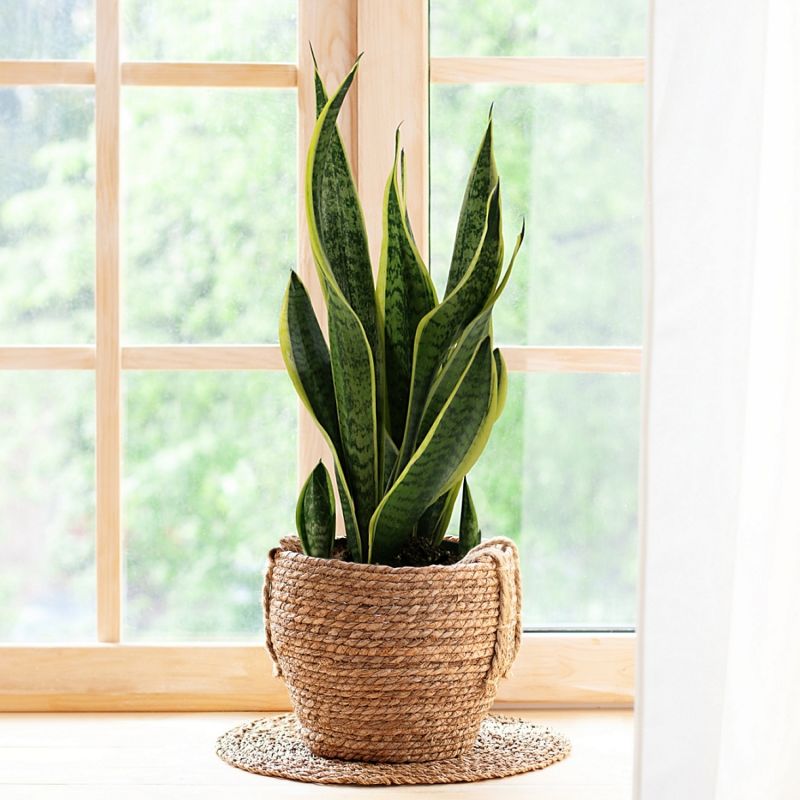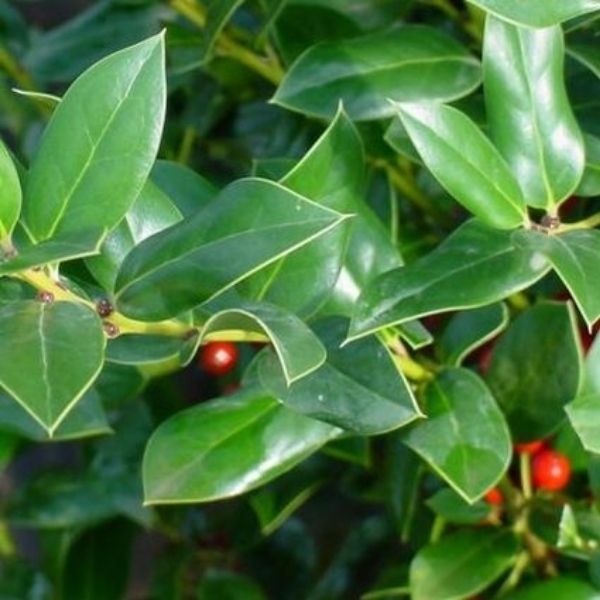

Bosque Elm
Ulmus parvifolia ‘UPMTF’
20 reviews


Bosque Elm
Ulmus parvifolia ‘UPMTF’
20 reviews
$133.00
$190.00
30% Off
3.5 Gallon 4-5 Feet
We are sorry, product is currently out of stock due to seasonal availability. Please check the "Related plants available in your area" section below
Why Bosque Elm?
Bosque Elm is a popular tree choice for landscaping due to its attractive appearance and adaptability to various soil types and climates. It has a broad, vase-shaped canopy with a smooth gray bark and dark green leaves that change to yellow in the fall. The tree is also resistant to Dutch Elm disease and is drought-tolerant, making it a low-maintenance option for homeowners.
Related plants available in your area
Sunlight
Bosque Elm requires full sun exposure for optimal growth and development.
Watering
Bosque Elm has a moderate watering requirement. Regular watering is necessary, especially during dry periods, to keep the soil consistently moist. Avoid over-watering, as it can lead to root rot.
Fertilizing
Bosque Elm trees thrive in a variety of soil conditions and typically have moderate fertilizer requirements. It is recommended to use a balanced slow-release fertilizer during the early spring and late summer to promote healthy growth and foliage.
Basque Elm Trees: Unique Beauty & Perfect Form
The Bosque Elm, known as Ulmus Parvifolia Bosque, is a medium-sized deciduous tree with gorgeous ascending branches that can grow up to 50 feet tall. It produces beautiful, dark green leaves that turn to a bright yellow in the fall.
What sets the Bosque Elm apart from other trees is its unique growth pattern, with branches that grow in a graceful, arching pattern. This street tree is highly resistant to Elm leaf beetle and Dutch Elm disease, which means that it requires minimal maintenance.
Furthermore, because of its capacity to handle a wide range of soil conditions, it is an excellent choice for properties with a variety of soil types.
You will be making a long-term investment in the beauty and value of your home by introducing a Bosque Elm to your landscape. This tree takes little upkeep, making it an economical choice for homeowners, landscapers, and property managers alike. It may grow in a number of situations due to its capacity to withstand a broad range of soil conditions.
Ready to add a Bosque Elm to your landscape? Order your own Bosque Elm tree from ShrubHub today!
Plant Information:
| Botanical Name: | Ulmus parvifolia ‘UPMTF’ |
| USDA Zones: | 5-9 |
| Water: | Moderate |
| Exposure: | Full Sun |
| Soil Needs: | Well-Drained |
| Mature Height: | 50 - 60 feet |
| Mature Spread: | 30 - 35 feet |
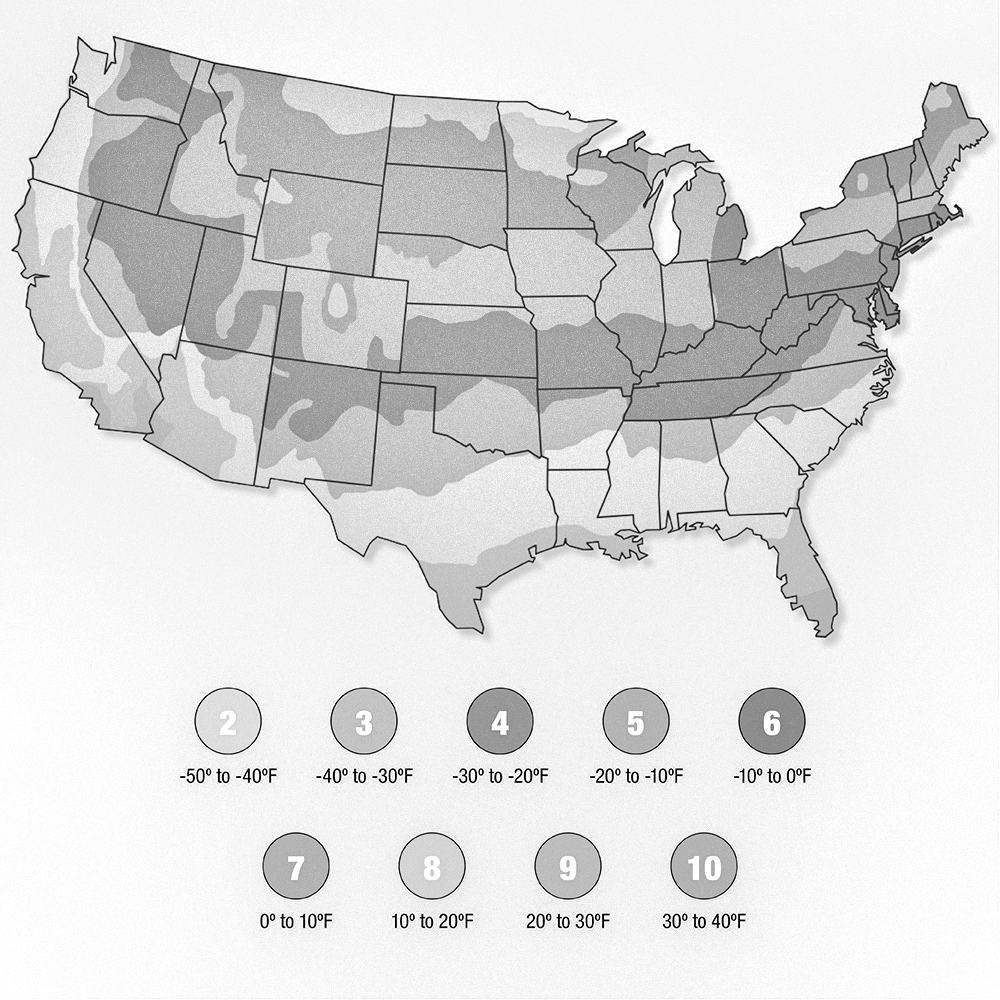
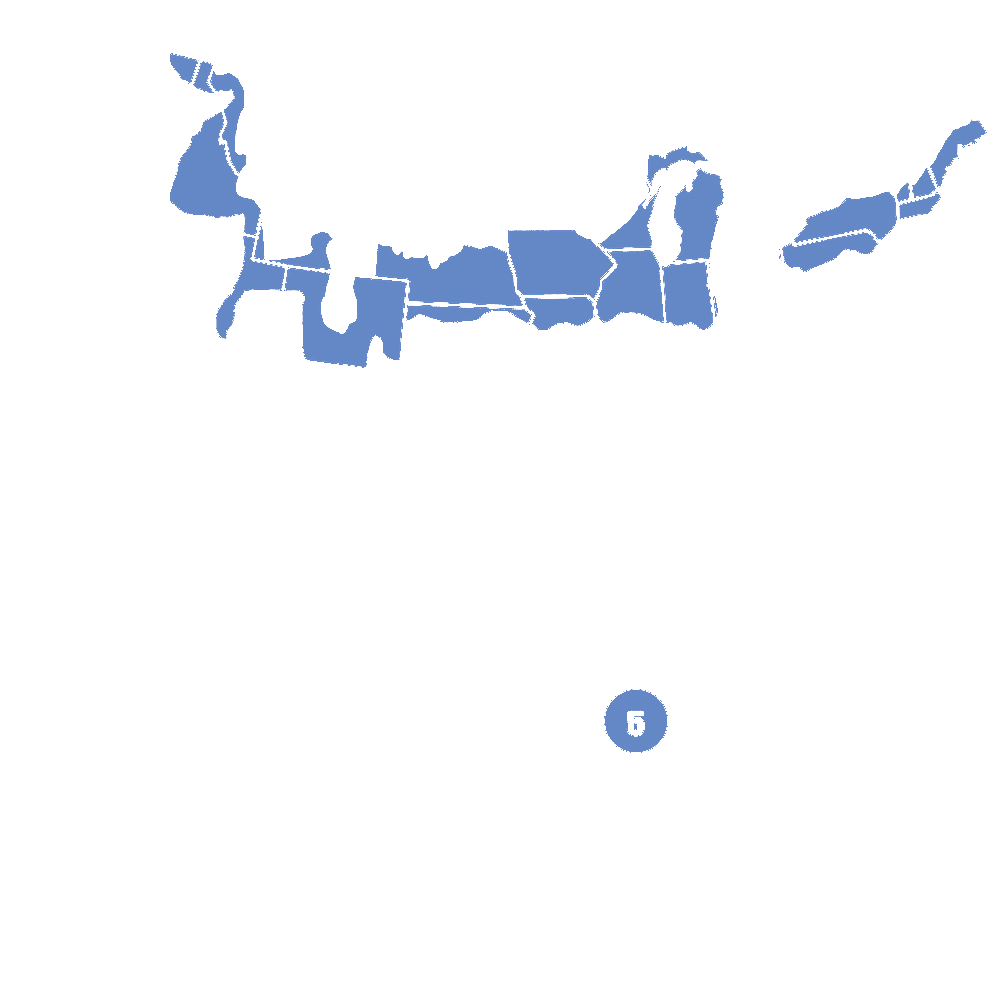
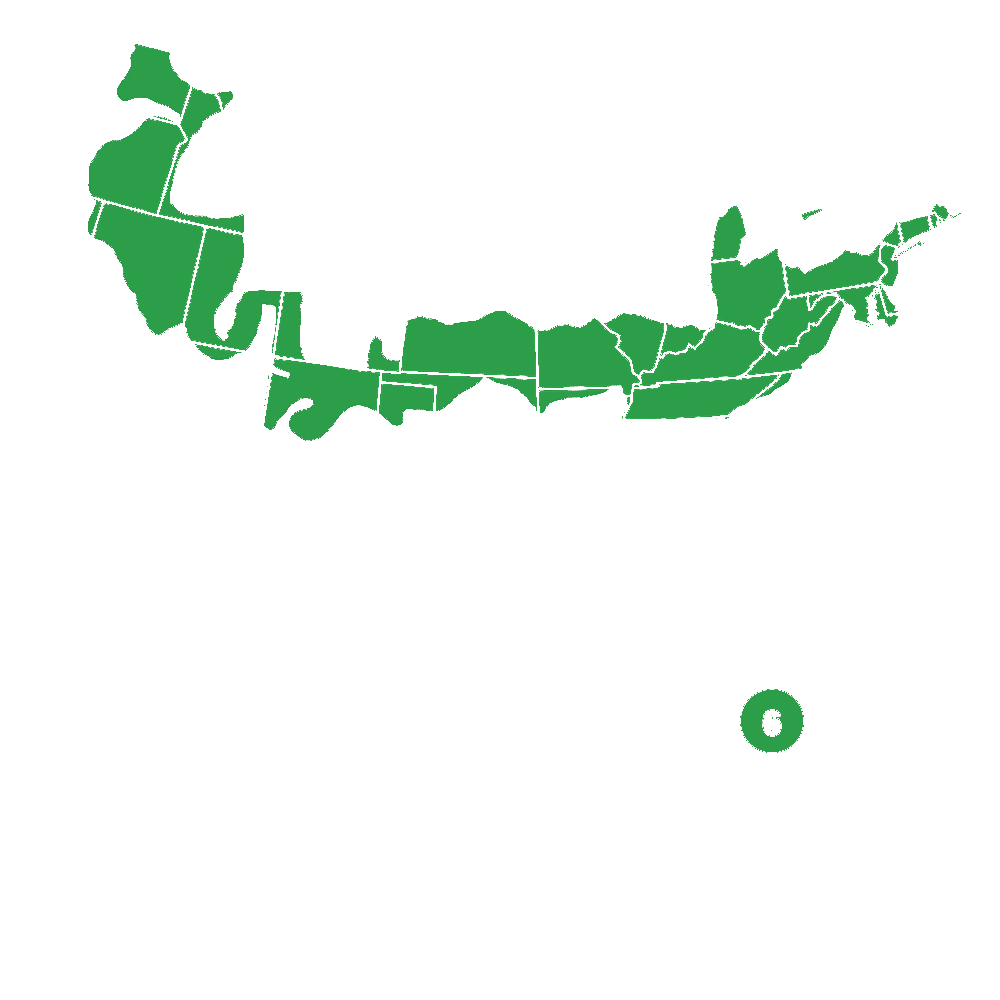
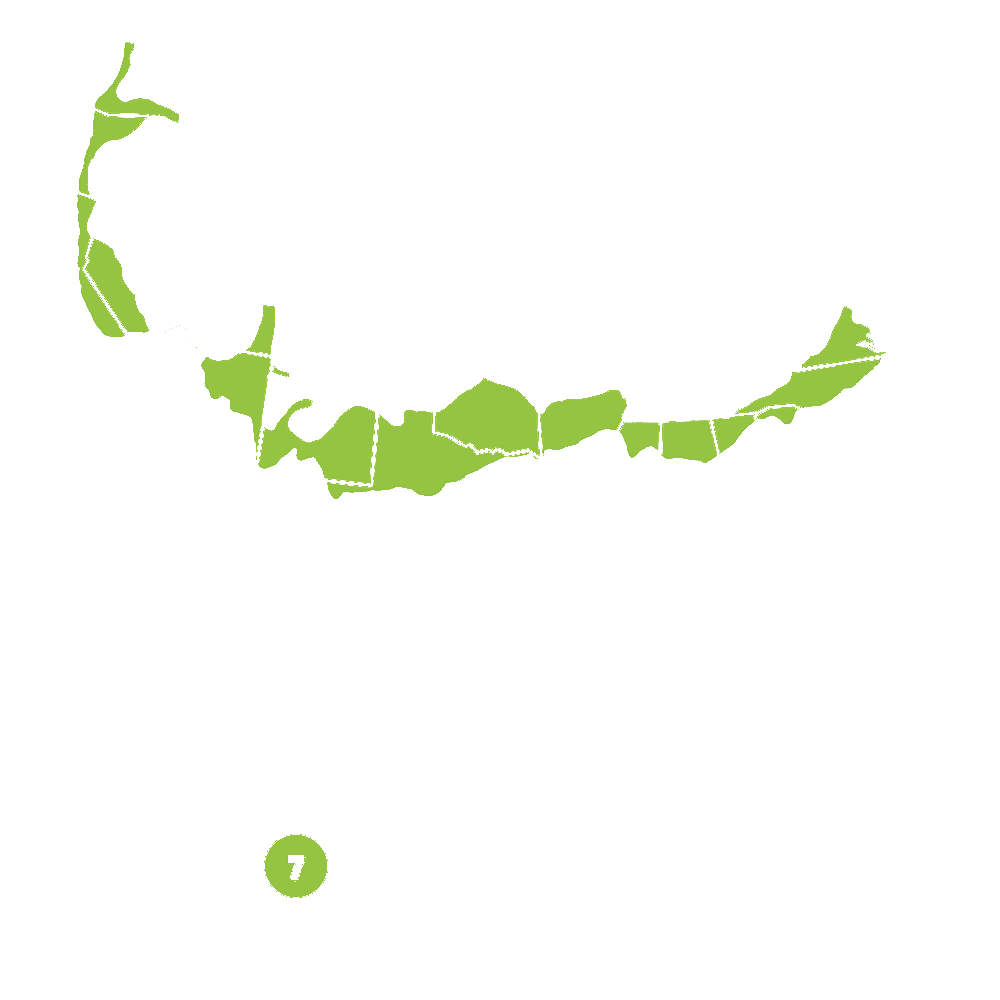
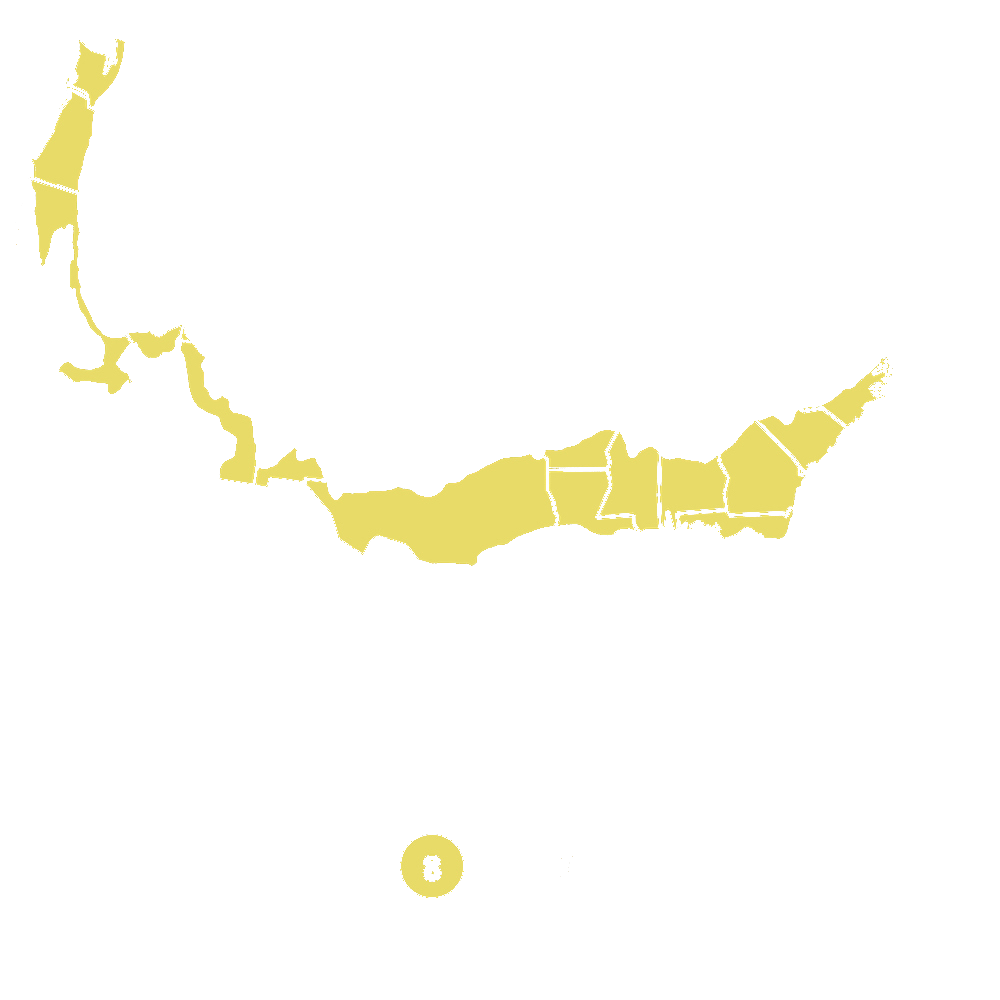
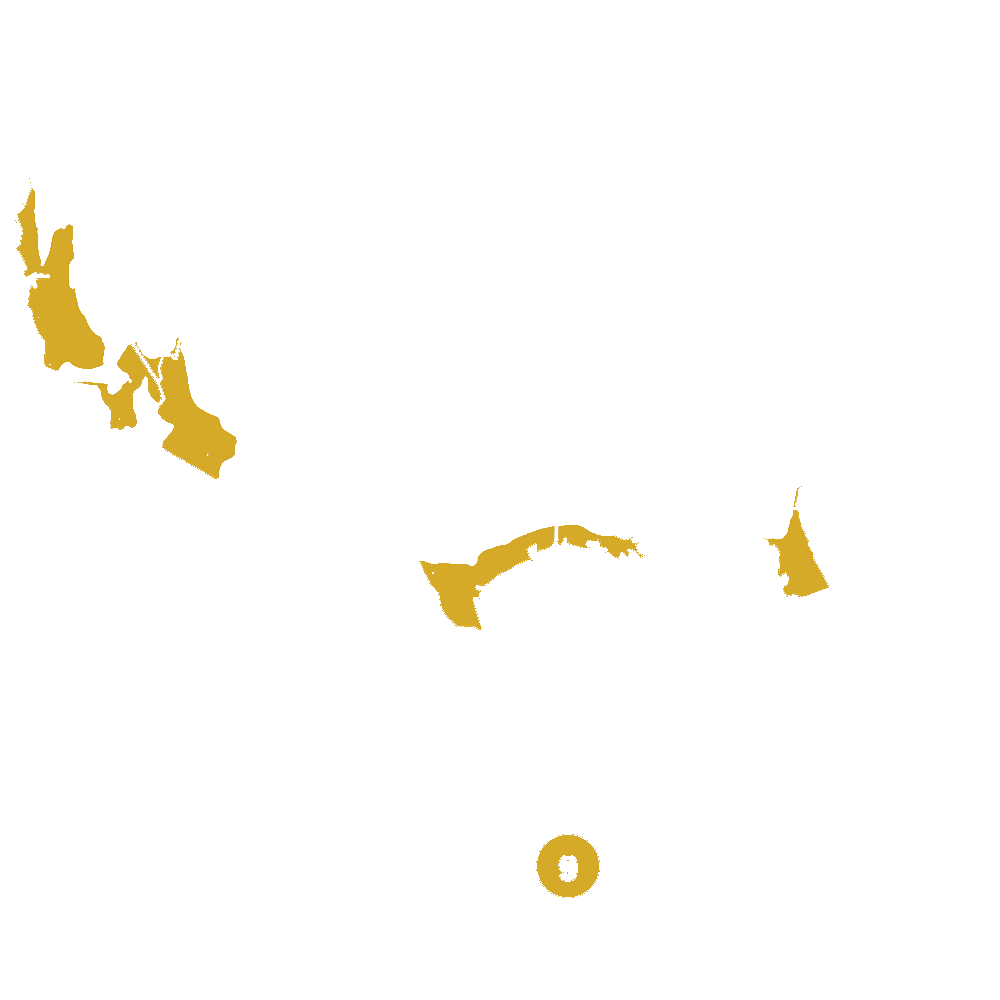
Pollination Info
Pollination Information for Bosque Elm (Ulmus parvifolia ‘UPMTF’)
- The Bosque Elm (Ulmus parvifolia ‘UPMTF’) is a self-pollinating tree, which means it does not require another tree for pollination.
- However, cross-pollination can still occur with other elm species, which can result in hybridization and the creation of new cultivars.
- The Bosque Elm is wind-pollinated, meaning that its small flowers are pollinated by the wind carrying pollen from the male flowers to the female flowers.
- The flowering period for the Bosque Elm is in the spring, from late March to early April.
- The fruit, or samara, of the Bosque Elm is a winged seed that develops from the female flower and spreads through the wind.
- Bosque Elm trees can also be propagated through cuttings or grafting, which can produce clones that are genetically identical to the parent tree.
FAQ
Bosque Elm (Ulmus parvifolia ‘UPMTF’) FAQ
What is a Bosque Elm?
Bosque Elm (Ulmus parvifolia ‘UPMTF’) is a type of elm tree that is known for its compact size, upright habit, and strong resistance to disease and pests.
How tall does a Bosque Elm grow?
A mature Bosque Elm typically grows to a height of 20-30 feet and a spread of 15-20 feet.
Where is the best location to plant a Bosque Elm?
Bosque Elms prefer full to partial sun and well-drained soil. They are adaptable to both dry and moist soil conditions, but they do not tolerate prolonged periods of standing water.
What type of soil does a Bosque Elm prefer?
Bosque Elms prefer well-drained soil that is neutral to slightly acidic. They can tolerate a range of soil types, but they do not grow well in heavy, clay soils or soils that are constantly wet.
What is the hardiness zone for a Bosque Elm?
Bosque Elms are hardy in zones 6-9, which means they can tolerate winter temperatures down to -10°F.
Do Bosque Elms require special care or maintenance?
Bosque Elms require little to no maintenance after they are established. They are drought-tolerant and do not require regular fertilization or pruning. However, it is important to water newly planted trees regularly until they are established.
Are Bosque Elms resistant to disease and pests?
Yes, Bosque Elms are known for their strong resistance to disease and pests, including Dutch elm disease and elm leaf beetle.
How long does it take for a Bosque Elm to mature?
Bosque Elms typically reach maturity in 10-20 years.
Can Bosque Elms be grown in containers?
Bosque Elms can be grown in large containers, but they will not reach their full size potential and will require more frequent watering and fertilization.
Are Bosque Elms a good choice for urban environments?
Yes, Bosque Elms are a great choice for urban environments because of their strong resistance to disease and pests, as well as their compact size and upright habit.
Planting & Care
Planting & Care for Bosque Elm (Ulmus parvifolia ‘UPMTF’)
Planting
- Before planting, choose a sunny or partially shaded location with well-drained soil that is not too compact.
- Plant the Bosque Elm in the spring or fall when the weather is mild.
- Dig a hole that is twice as wide as the root ball and just as deep.
- Loosen the soil at the bottom of the hole with a garden fork.
- Remove the Bosque Elm from its container and tease out any circling roots.
- Place the tree in the hole and make sure it is level with the surrounding ground.
- Backfill the hole with soil, tamping gently to remove air pockets.
- Water thoroughly to settle the soil and help the tree establish its roots.
Care
- Water the Bosque Elm deeply once a week during the growing season.
- Mulch around the base of the tree to retain moisture and suppress weeds.
- Prune in late winter or early spring to remove any damaged or diseased branches and maintain a desirable shape.
- Fertilize in the spring with a slow-release, balanced fertilizer according to package instructions.
- Monitor for pests and diseases like Japanese beetles, powdery mildew, and Dutch elm disease.
- Provide support for young trees with stakes and ties until they are established.
With proper planting and care, the Bosque Elm can grow up to 50 feet tall and 30 feet wide, providing shade, beauty, and habitat for wildlife in your landscape.
Check Out These Verified Customer Reviews:
Customer Reviews
4.8 out of 5 based on 20 reviews
Thank you! Your review has been submitted.
Beautiful Bosque Elm tree arrived in perfect condition. Looks even better in person!
Beautiful item, pristine condition.
Thrilled with the Bosque Elm tree I received. Healthy and vibrant, it was a great addition to my yard.
Item has been added to your cart.



